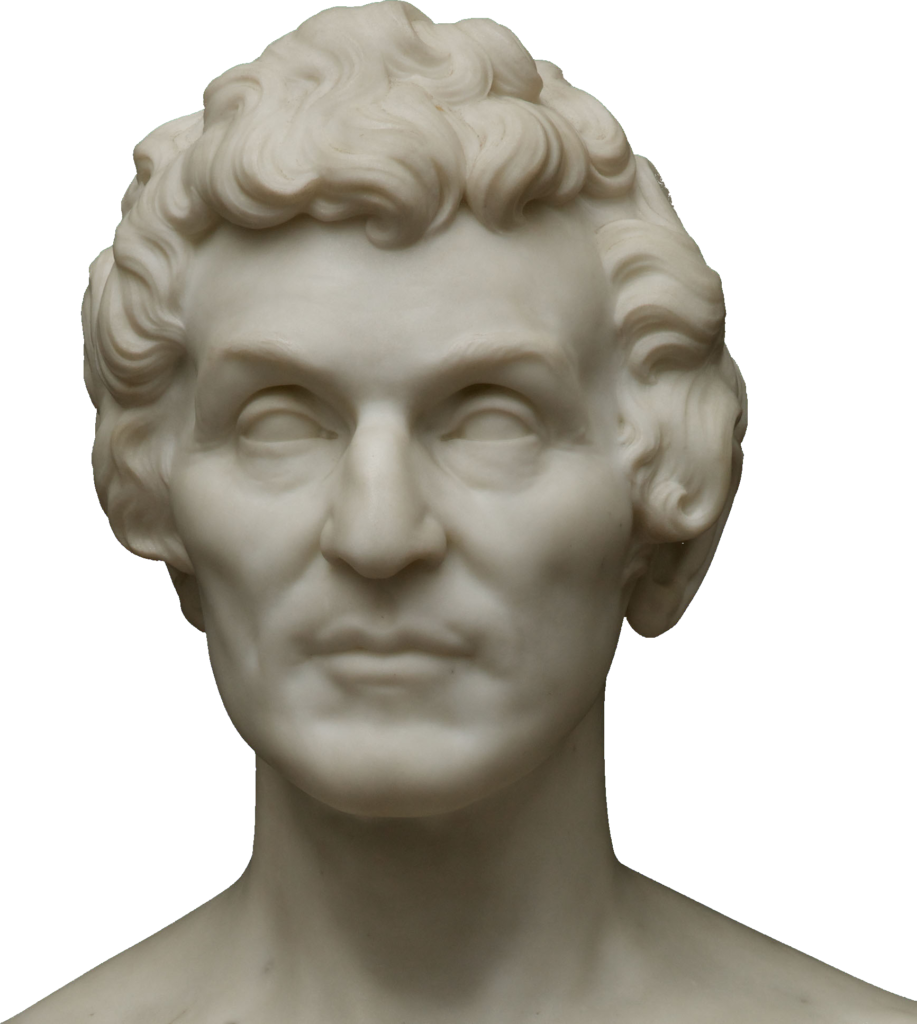Podcast: Play in new window | Download
Subscribe: Spotify | Email | RSS

Harvard professor Andrews Norton (1786-1853) was the leading American unitarian intellectual in the first half of the 19th century. He was an original thinker, a careful and deep scholar, and a lucid writer.
In this episode I present in full his discussion of the prologue of the fourth gospel from his important book A Statement of Reasons for not Believing the Doctrines of Trinitarians, Concerning the Nature of God and the Person of Christ.
Norton discusses the key word logos (“Word”) here, and how it functions in the theological thinking of this time. Key sources include Jewish wisdom literature and the writings of the Jewish philosopher Philo of Alexandria, who was roughly contemporary with Jesus.
He explains why trinitarian interpretations don’t fit the passage at all. Then he asks whether John’s logos is a personification (treating something that’s not a person as if it were a person) or a hypostasization (something which one might suppose is a non-person but which is understood by the author as a person). After this he gives a complete interpretive translation or paraphrase of the whole passage.
Finally, he argues that the beginning of the letter 1 John does not do anything to shed light on the prologue to the Gospel of John.

Links for this episode:
- Andrews Norton
- A Statement of Reasons for not Believing the Doctrines of Trinitarians, Concerning the Nature of God and the Person of Christ (alternate)
- Channing vs. Stuart on the Trinity and the Incarnation
- podcast 295 – James Martineau on John 1
- podcast 291 – From one God to two gods to three “Gods” – John 1 and early Christian theologies
- Wisdom 18:15; Wisdom 9:1-2; Wisdom 7:7-30; Wisdom 8:2-8; Wisdom 10:1-21; Proverbs 1:20-33, Proverbs 3:13-20; Proverbs 8:1-36; John 15:26; Philippians 2:16; Acts 5:20; John 6:63; John 6:68; Romans 8:2; 1 John 2:7; 1 John 2:24; 1 John 3:11; John 6:4; John 15:27; John 14:4; John 16:4; Hebrews 4:12-13; Revelation 19:13,
- This week’s thinking music is “Your Pulse” by Little Glass Men.

Dr. Tuggy
According to the Oxford Book on Transcendentalism, “ He (Norton) opposed himself to the rise of Transcendentalism and insisted on the truth of some of the Biblical miracles, while rejecting “most of those in the Old Testament, and a few in the new”, including rejecting the virgin birth.”
Since Norton doubted some of the miracles of the Bible, he would naturally doubt something like the incarnation (especially since he did not believe in the virgin birth). In other words, he would have the presupposition that such a thing (the incarnation) could not take place. You said that you read Norton’s book. Did he write about his doubts of the virgin birth? Do you think his thoughts about the lack of the virgin birth or according to his (Norton’s) belief that Jesus was born just like everyone else affected his interpretation of John 1?
Thank you
Comments are closed.